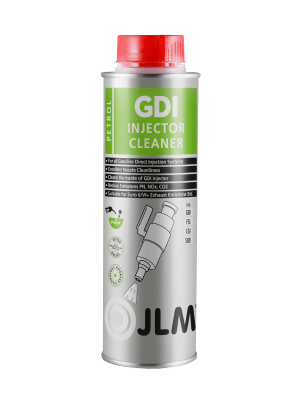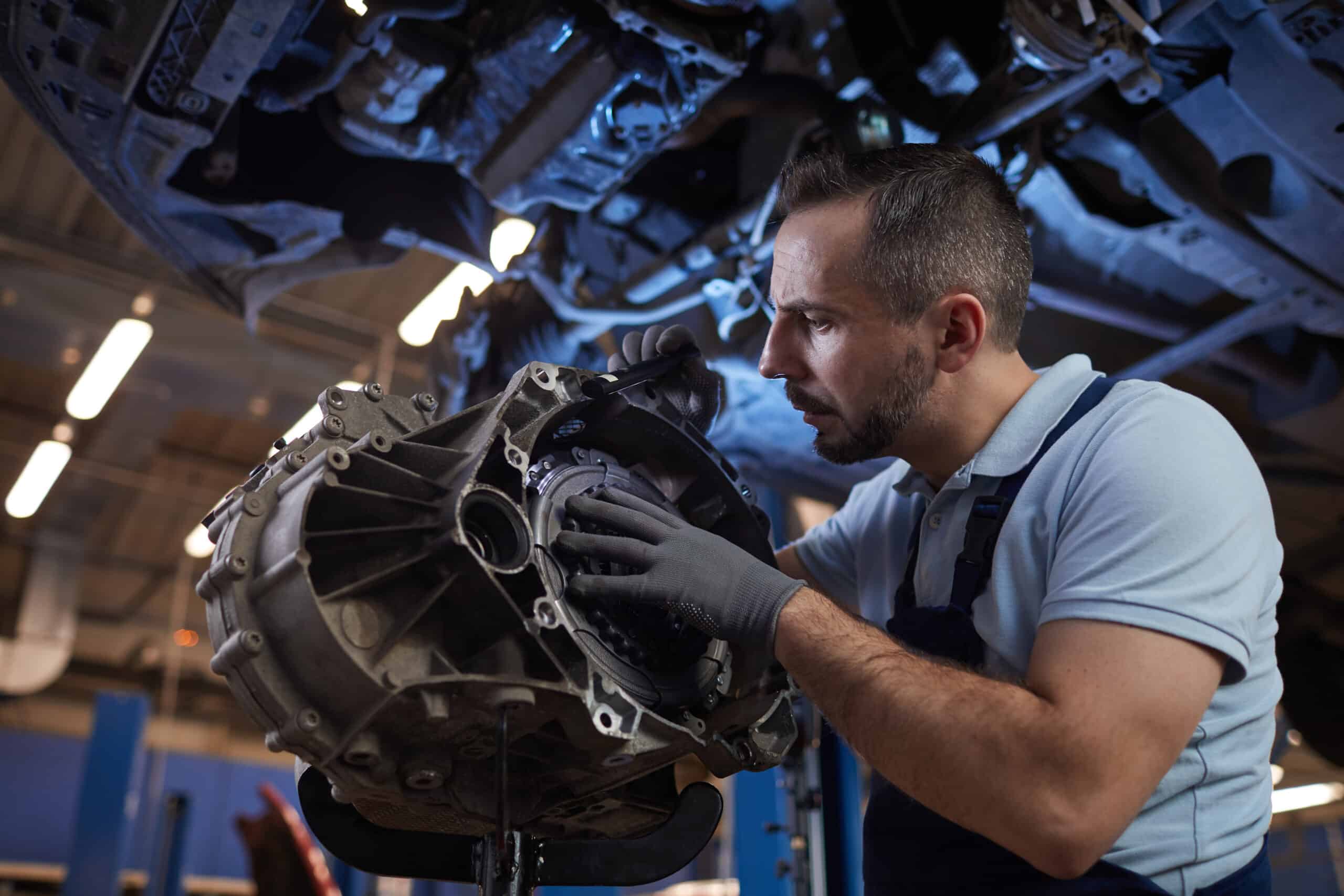The JLM GDI Injector Cleaner has specifically been developed for the latest generation of GDI engines. The JLM GDI Injector Cleaner not only cleans existing injector deposits, it also stops the buildup of future deposits, enabling complex injection systems to always operate at maximum efficiency. In demanding, new industry engine tests, the JLM GDI Injector Cleaner delivers exceptional best-in-class performance.
Product information
Why GDI engines need specialised care
Modern gasoline direct injection (GDI) engines are designed for improved fuel economy and reduced emissions. As more manufacturers adopt this technology due to these benefits, the need for specialised component protection grows, especially for high-performance engines that operate under extreme pressure and tight tolerances.
The problem with conventional injector cleaners
Traditional injector cleaners are typically formulated for older port fuel injection (PFI) systems. These products target intake valve deposits (IVD) but do not address the specific issues faced by GDI engines. As a result, they fail to protect injectors from fouling and buildup caused by GDI-specific conditions.
The GDI injector challenge: Buildup and coking
Since inception, GDI engines have had known problems with coking, which is a buildup of cooked fuel deposits that foul injectors. This is mainly caused by the higher cylinder temperatures and pressures released into the crankcase which accelerate oil vaporization. Eventually this causes oil deposits to coat the intake valves and injectors.
The location and angle of the fuel injectors in GDI systems mean that fresh fuel is not sprayed onto intake valves, so it doesn’t “clean” or cool them by preventing vapour buildup. As a result, this buildup can accumulate and bake onto intake valves and injectors in as little as 16,000 km (10,000 miles). This can result in:
- Reduced power and acceleration
- Rough idle and hard starts
- Engine misfires
- Reduced fuel economy
- Black exhaust smoke
- Engine knocking
In short, it’s a real problem and is further exacerbated by modern fuels with up to 10 percent ethanol. Using a fuel without optimized GDI additive technology is likely to lead to fouled injectors and compromised critical engine efficiency. Engine performance drops, fuel economy falters and emissions rise.
Introducing JLM GDI Injector Cleaner
To combat these challenges, we developed the JLM GDI Injector Cleaner—a powerful, professional-grade GDI injector cleaner engineered specifically for direct injection systems.
How it works
- Removes stubborn injector deposits
- Prevents future injector fouling
- Reduces particle emissions significantly
- Improves fuel economy and combustion efficiency
- Preserves engine power and responsiveness
- Maintains long-term engine reliability
Its cutting-edge formulation keeps the fuel system clean and injectors flowing freely, delivering consistent performance throughout the life of your vehicle.
How to use JLM GDI Injector Cleaner
JLM GDI Injector Cleaner is suitable for all GDI, FSI, TSI, CGI, and SIGI engine types.
- Dosage
Use one bottle (typically 250–500ml) to treat 40–60 litres of petrol. - Application
Pour the full contents of the bottle into the petrol tank before refuelling to ensure optimal mixing with the fuel. - Frequency
For best results, use every 3,000 miles as part of your regular vehicle maintenance routine.
Why choose JLM GDI Injector Cleaner?
Using regular fuel additives in a GDI engine is not enough. Only a targeted GDI injector cleaner like JLM GDI Injector Cleaner can provide the deep-cleaning protection required to prevent buildup and keep your engine running at its best.
Frequently
asked
questions
These are the most common questions we get from a potential distributor.



